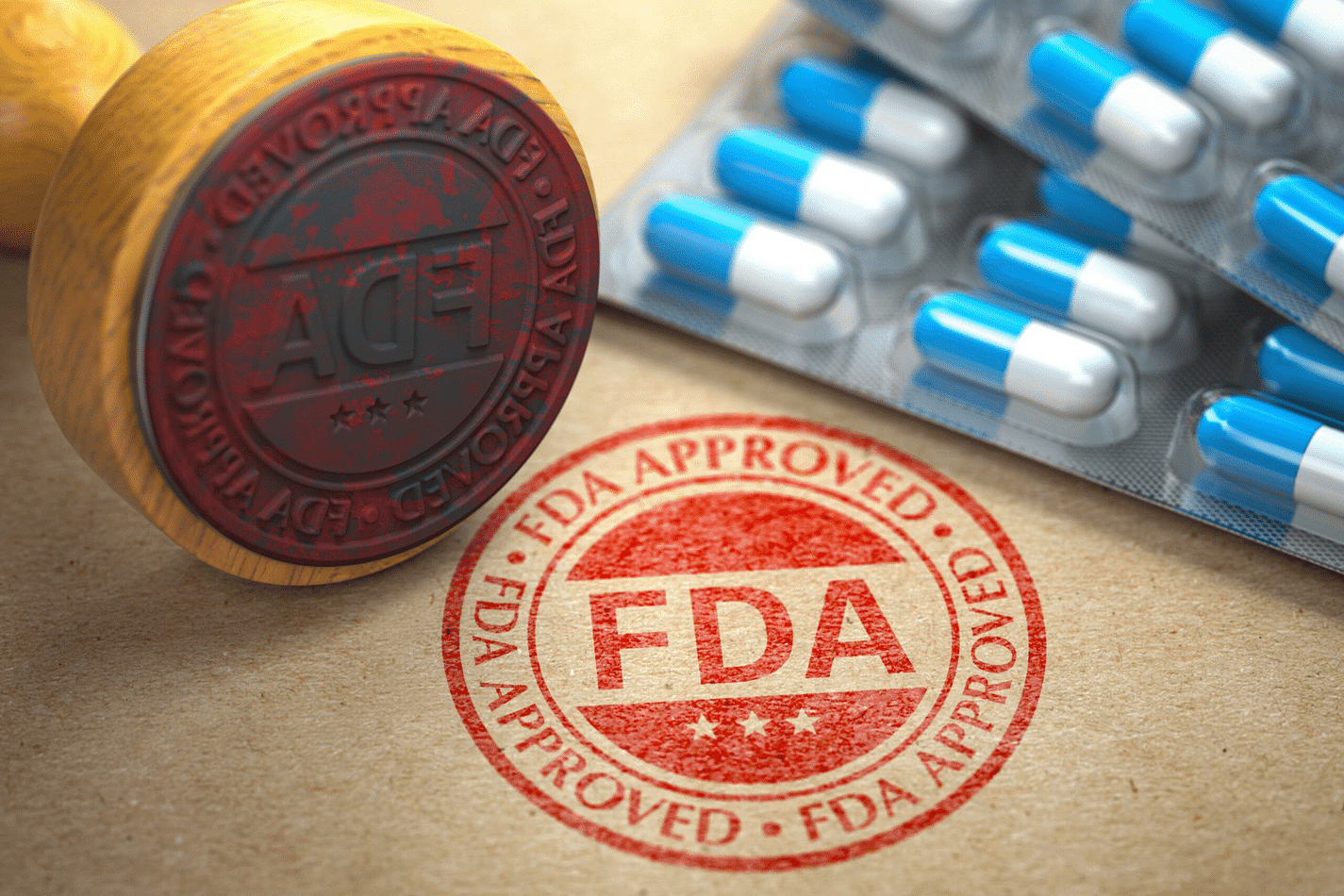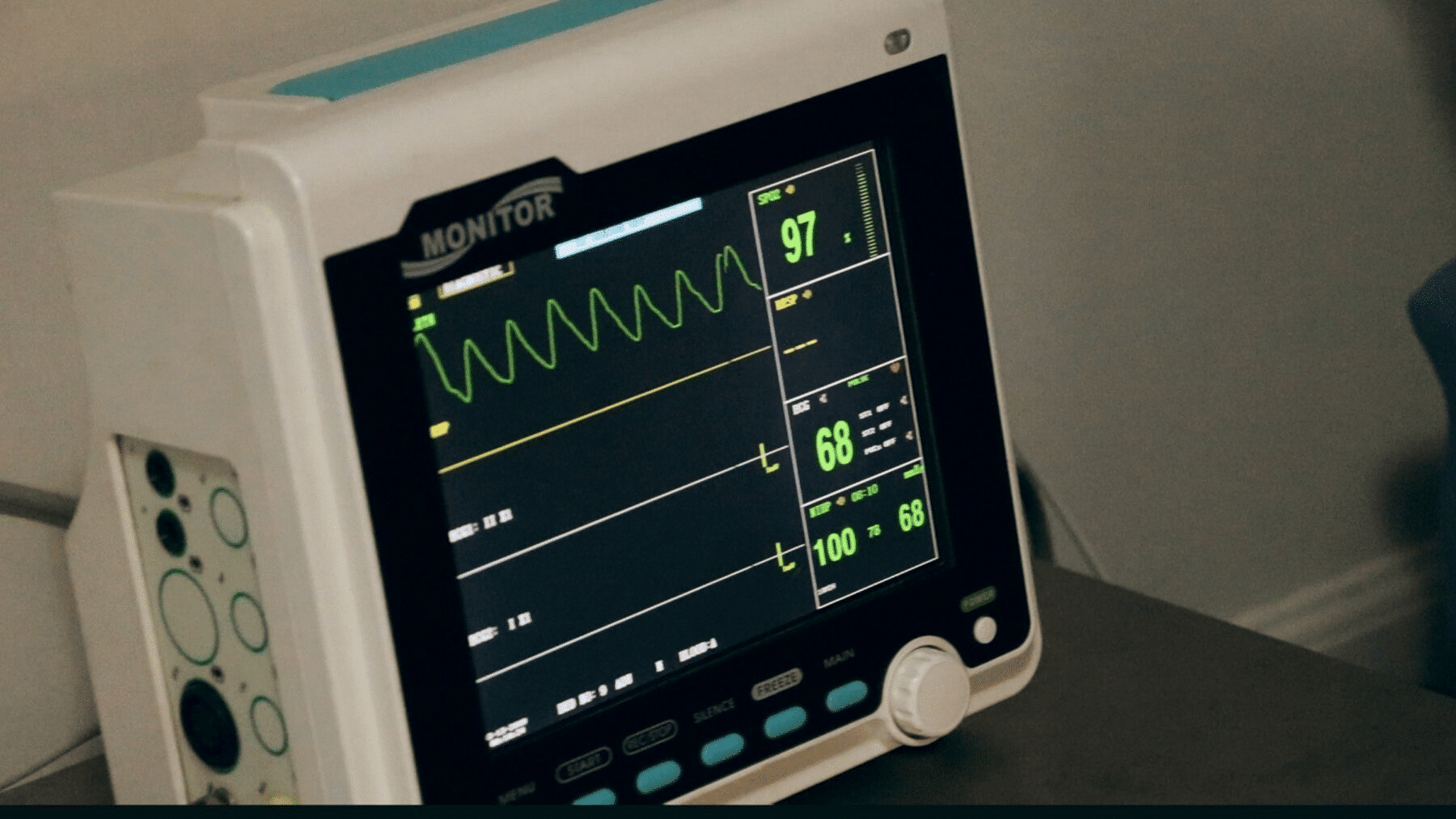In the world of Health, Medicine and technology, the marks and certificates that medical products carry cannot be overlooked, especially in the FDA vs CE brands, which are very famous around the world, but what is the difference between FDA vs CE Is one of them better than the other And why each of them is of particular importance This article will cover all aspects of these two brands, explaining the differences between them and how each of them affects the local and global markets.
What Are FDA vs CE Certifications?
The FDA vs CE certifications are frequently compared across various industries, particularly in the medical devices, pharmaceuticals, and medical electronics sectors. Both systems aim to protect public health by ensuring that products meet stringent safety and quality standards.

1) What Is CE Certification?
CE stands for Conformité Européenne, meaning “European Conformity.” This certification ensures that a product complies with the health, safety, and environmental protection standards required by the European Union (EU). Products bearing the CE mark can be sold in the 33 member states of the EU and European Economic Area (EEA).
CE certification is applicable to a wide range of products, including medical devices, electronics, and food items. When a product carries the CE mark, it indicates compliance with EU regulations, guaranteeing it meets specific requirements to safeguard human health and the environment.
2) What Is FDA Certification?
FDA certification is granted by the United States Food and Drug Administration (FDA). This certification signifies that a product complies with U.S. health and safety laws, making it mandatory for medical devices, pharmaceuticals, dietary supplements, and cosmetics sold in the United States.
FDA-certified products undergo rigorous testing to ensure their safety and efficacy. Known for its stringent standards, the FDA is considered one of the most demanding regulatory authorities globally. Products with FDA approval can enter the U.S. market, one of the world’s largest and most competitive.

Is CE Better Than FDA?
A common question arises: Is CE certification better than FDA certification? The answer is not straightforward. Each certification serves different markets and adheres to distinct regulations. The choice between FDA vs CE depends on the geographic market a manufacturer is targeting.
- For the European market, CE certification is essential and sufficient.
- For the U.S. market, FDA approval is required.
In some cases, companies may need both certifications to access multiple markets. Thus, the decision hinges on strategic business goals and market reach.

What About FDA vs CE IVD?
The distinction between FDA vs CE extends to IVD (In Vitro Diagnostic) devices, which are specialized medical devices used for disease testing and diagnosis.
FDA IVD Certification: The FDA’s certification process for IVD devices involves comprehensive reviews of safety, effectiveness, and potential side effects. The FDA’s stringent approach ensures that approved IVD products meet the highest standards of reliability.
CE IVD Certification: While CE certification also ensures the safety and efficacy of IVD devices, it is sometimes more flexible. European companies may provide safety assurances without undergoing the same rigorous procedures mandated by the FDA.
Ultimately, both certifications are essential in their respective regions. Companies must choose or combine them based on their target audience and regulatory requirements.

Is CE certification accepted in the United States?
A common question often arises: Is CE certification accepted in the United States? The answer is no. CE certification is not a substitute for FDA approval in the U.S. While the CE mark guarantees product quality in European markets, the FDA is the sole authority that provides the necessary approvals for selling products in the United States.
This means that if you are manufacturing a medical or pharmaceutical product and wish to market it in the U.S., you must undergo FDA evaluation, even if you already hold CE certification. Although CE certification is recognized worldwide and valid across all EU countries, it does not fulfill FDA requirements.

Key Differences Between FDA and CE
To fully understand the difference between FDA vs CE certifications, it’s essential to examine their main distinctions. These differences define their purpose and influence on global markets.
- Geographic Scope: The primary difference lies in their geographic scope. FDA certification applies exclusively to the U.S. market, while CE certification is specific to the European market. If your product is aimed at European consumers, CE certification is sufficient. For the U.S. market, FDA approval is mandatory.
- Regulatory Requirements: The regulatory requirements for FDA are significantly stricter compared to CE. FDA approval involves comprehensive evaluations, including in-depth clinical trials and detailed reviews, before allowing the product to be marketed in the U.S. CE certification focuses more on compliance with European standards, often enabling quicker market access.
- Process and Timeline: Obtaining FDA approval is typically a more complex and time-consuming process. It can take several months—sometimes over six months—to secure FDA certification. In contrast, CE certification procedures are generally less complicated and faster, often taking as little as four weeks.
- Costs: FDA certification is notably more expensive due to the extensive procedures and tests required. CE certification, on the other hand, is generally more cost-effective, making it a quicker and less expensive route to market.

Why Are FDA vs CE Certifications Important?
Earning FDA vs CE certification not only means that a product meets stringent safety and quality standards but also serves as an endorsement from leading regulatory authorities. These certifications enhance a product’s credibility and assure consumers of its safety and effectiveness.
In conclusion, at HSI, we understand the critical role these certifications play in expanding market access for medical products. Our services include specialized training programs, innovative healthcare solutions, and personalized coaching to help professionals excel in this vital sector. Join HSI to achieve excellence in the ever-evolving healthcare industry.
Source: CE Mark vs FDA Approval For Medical Devices